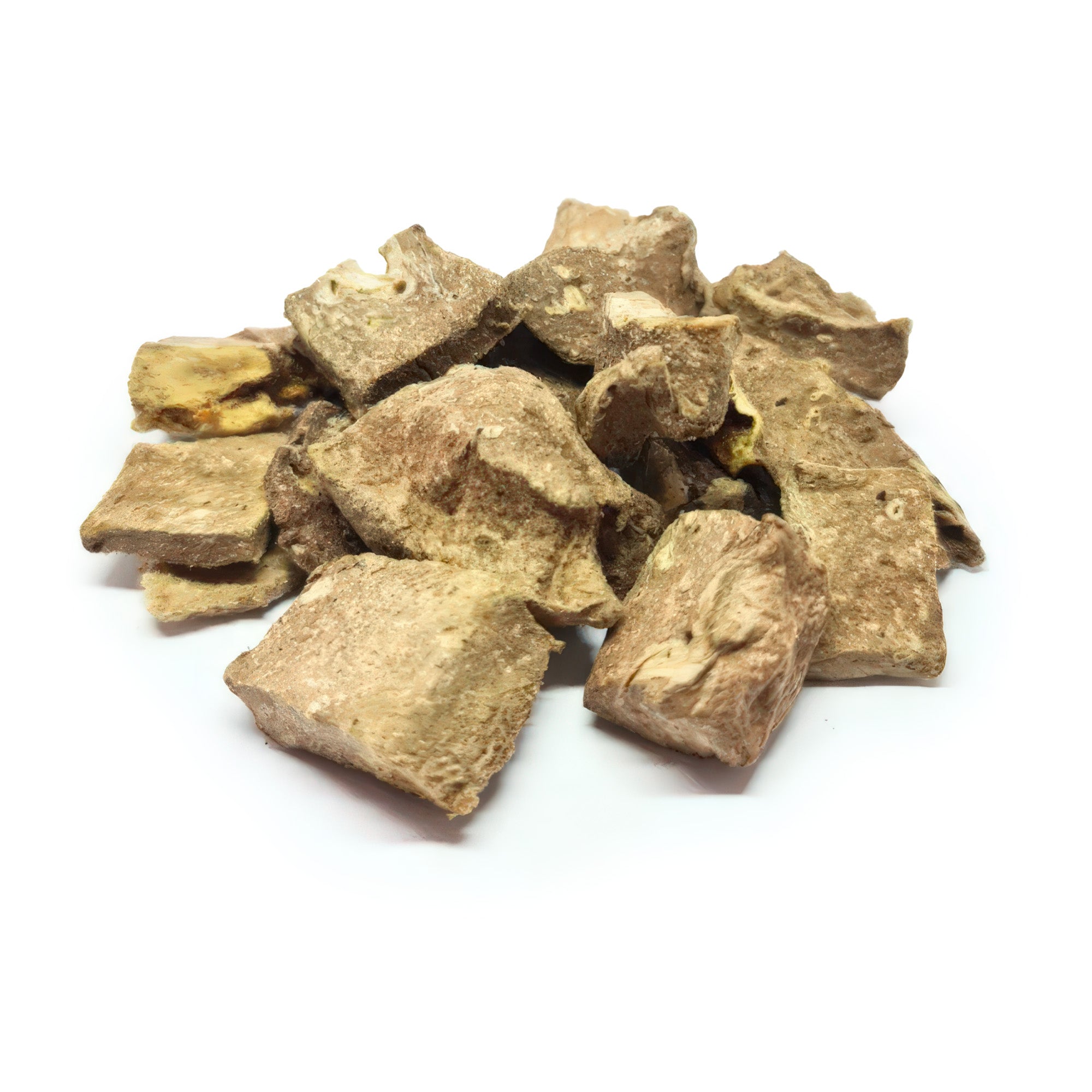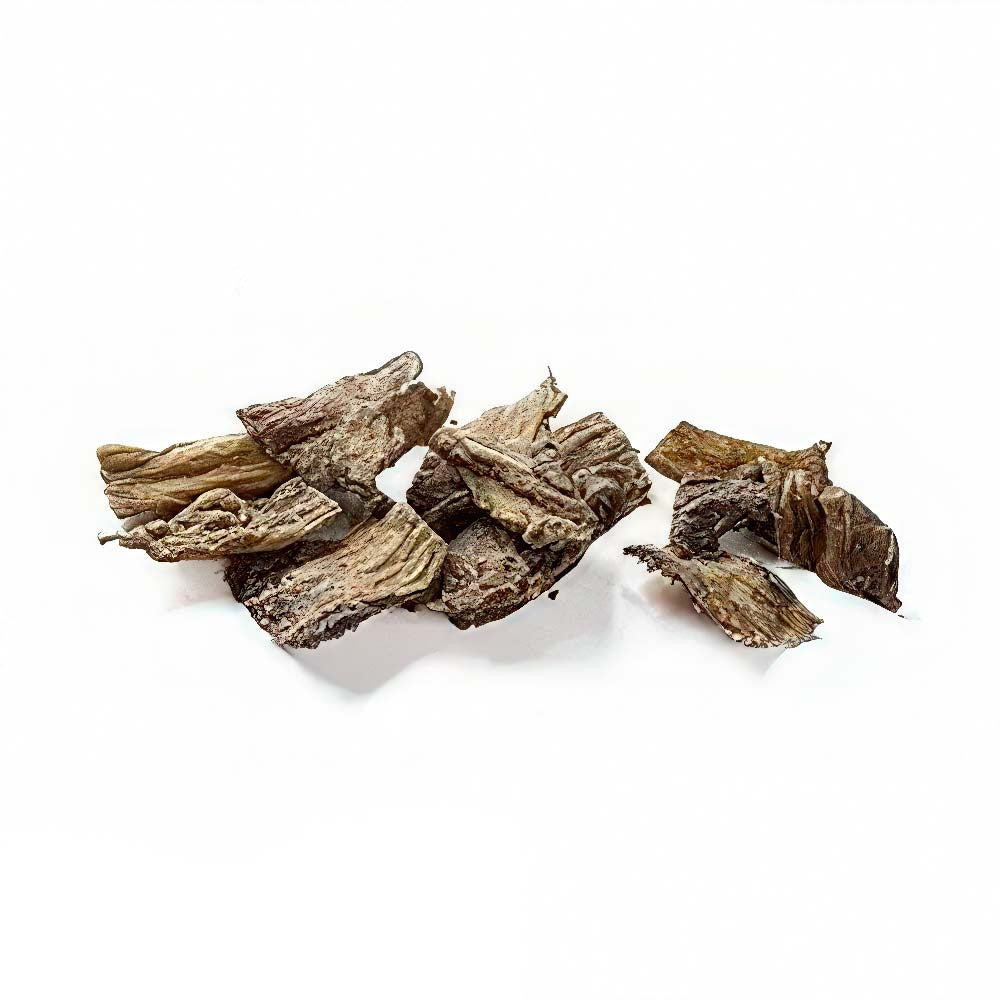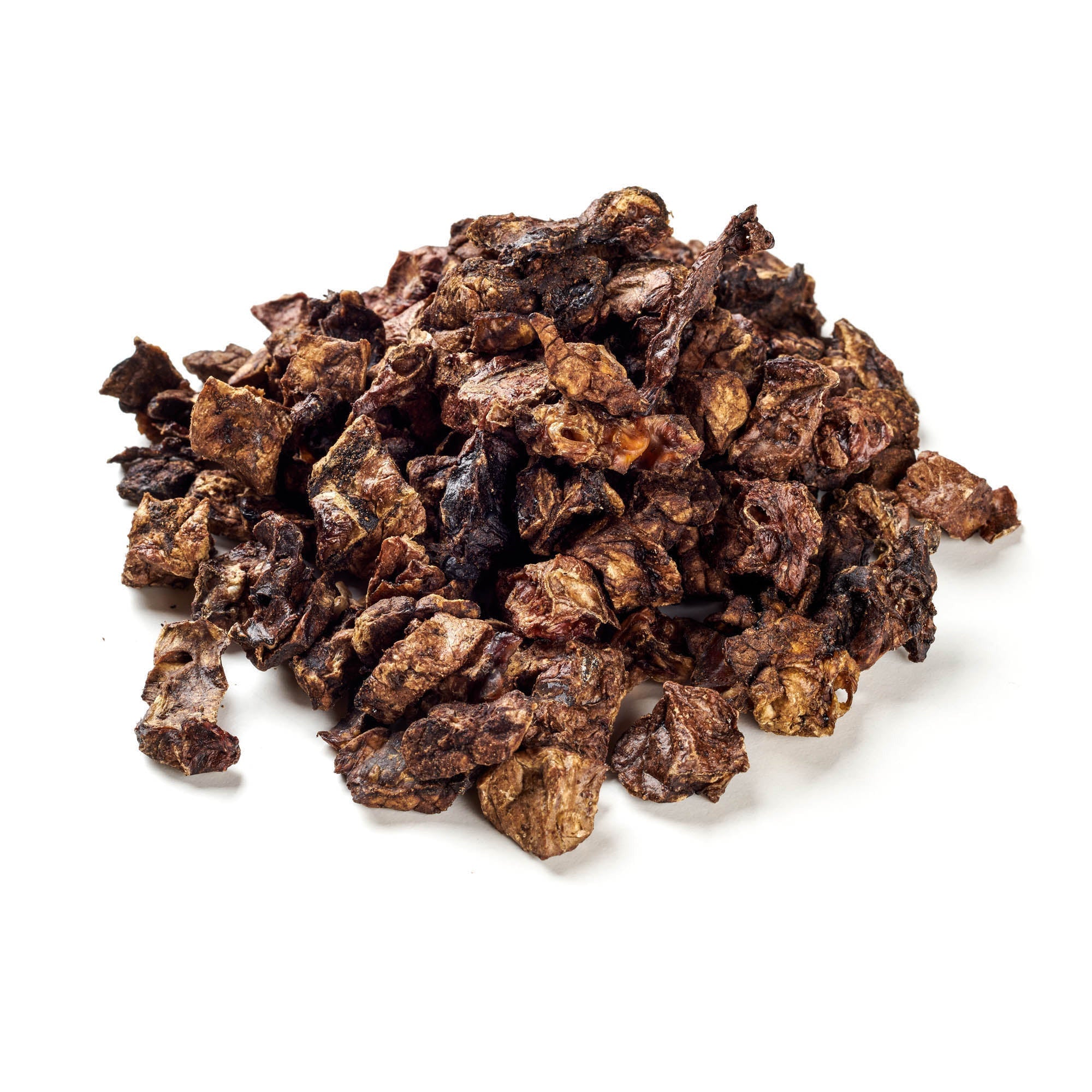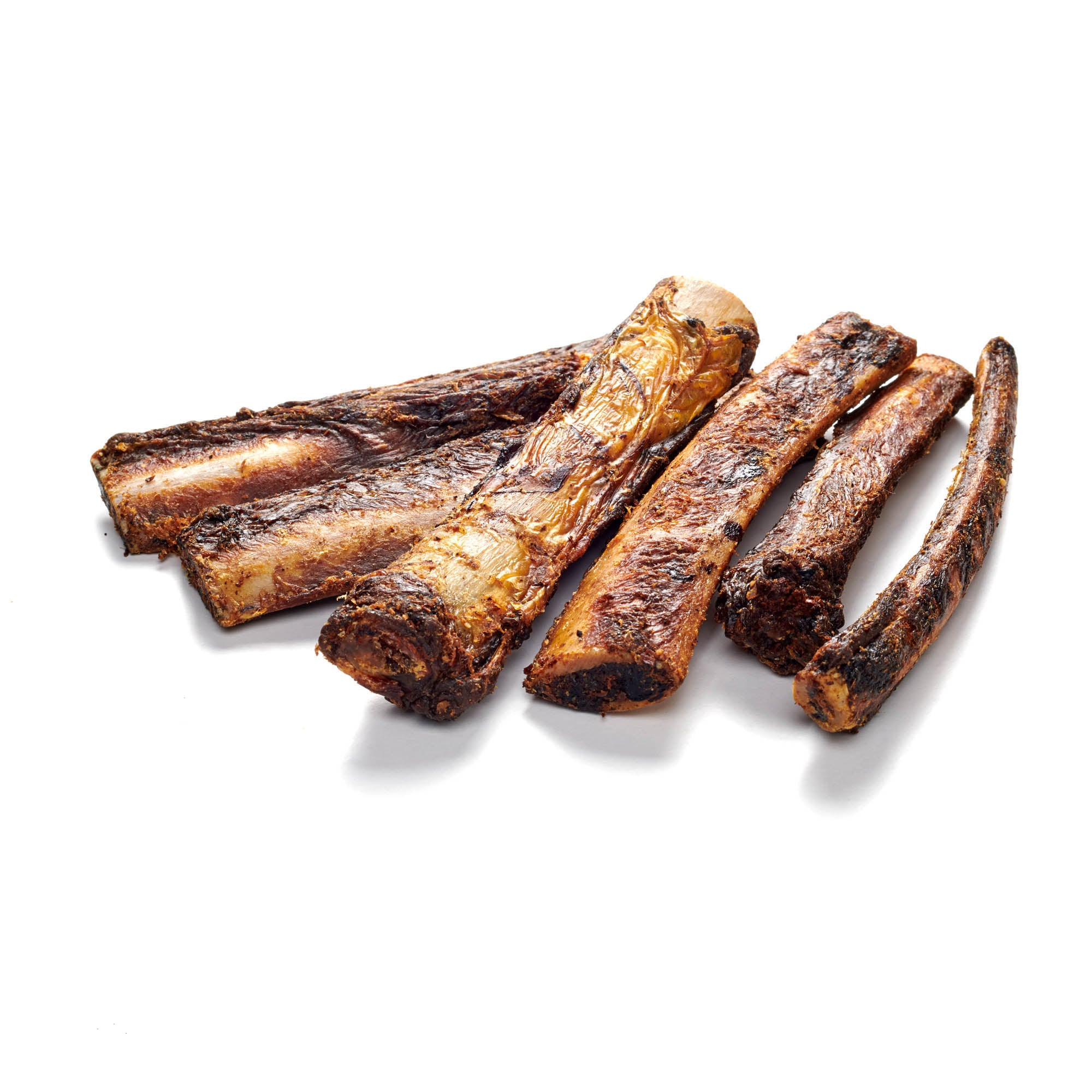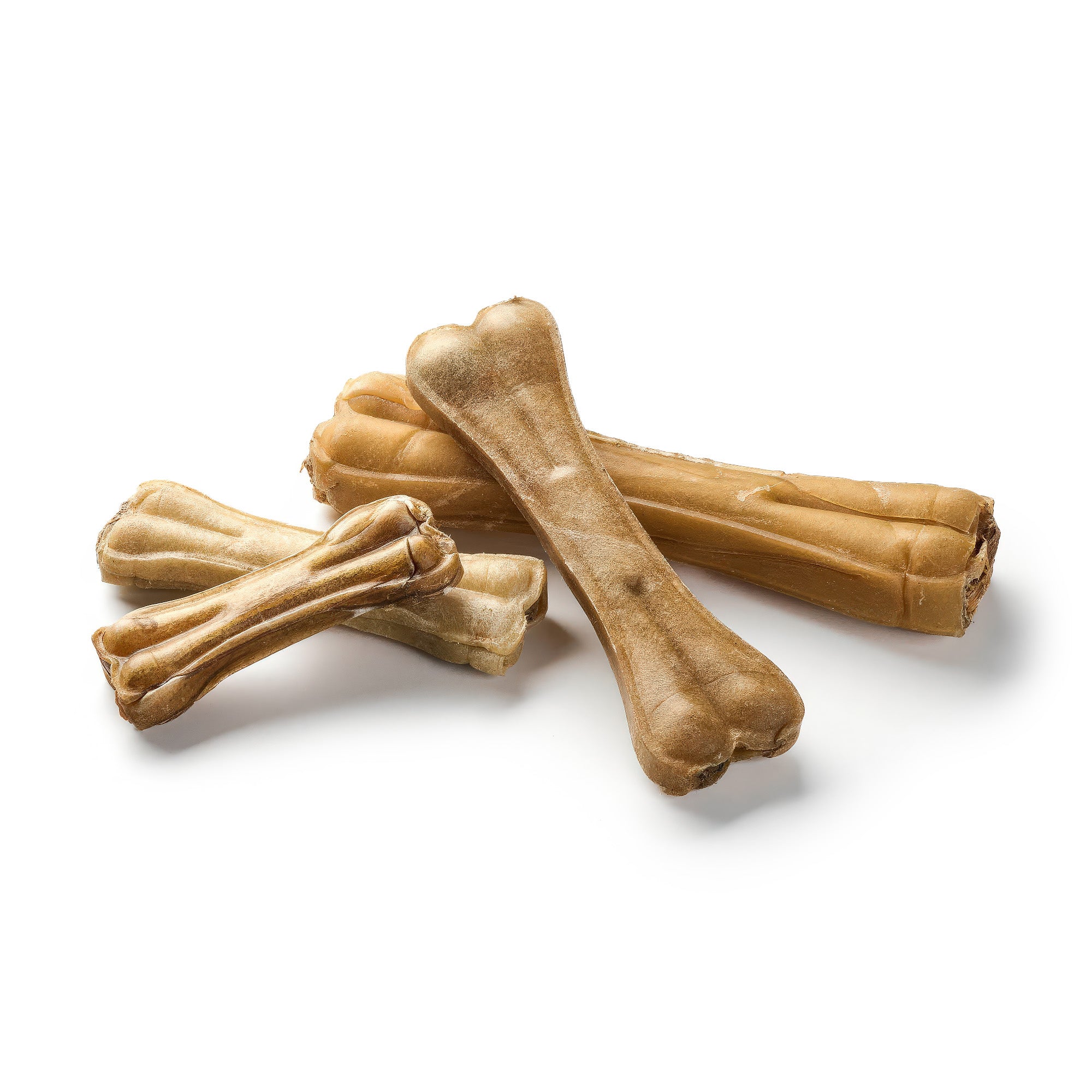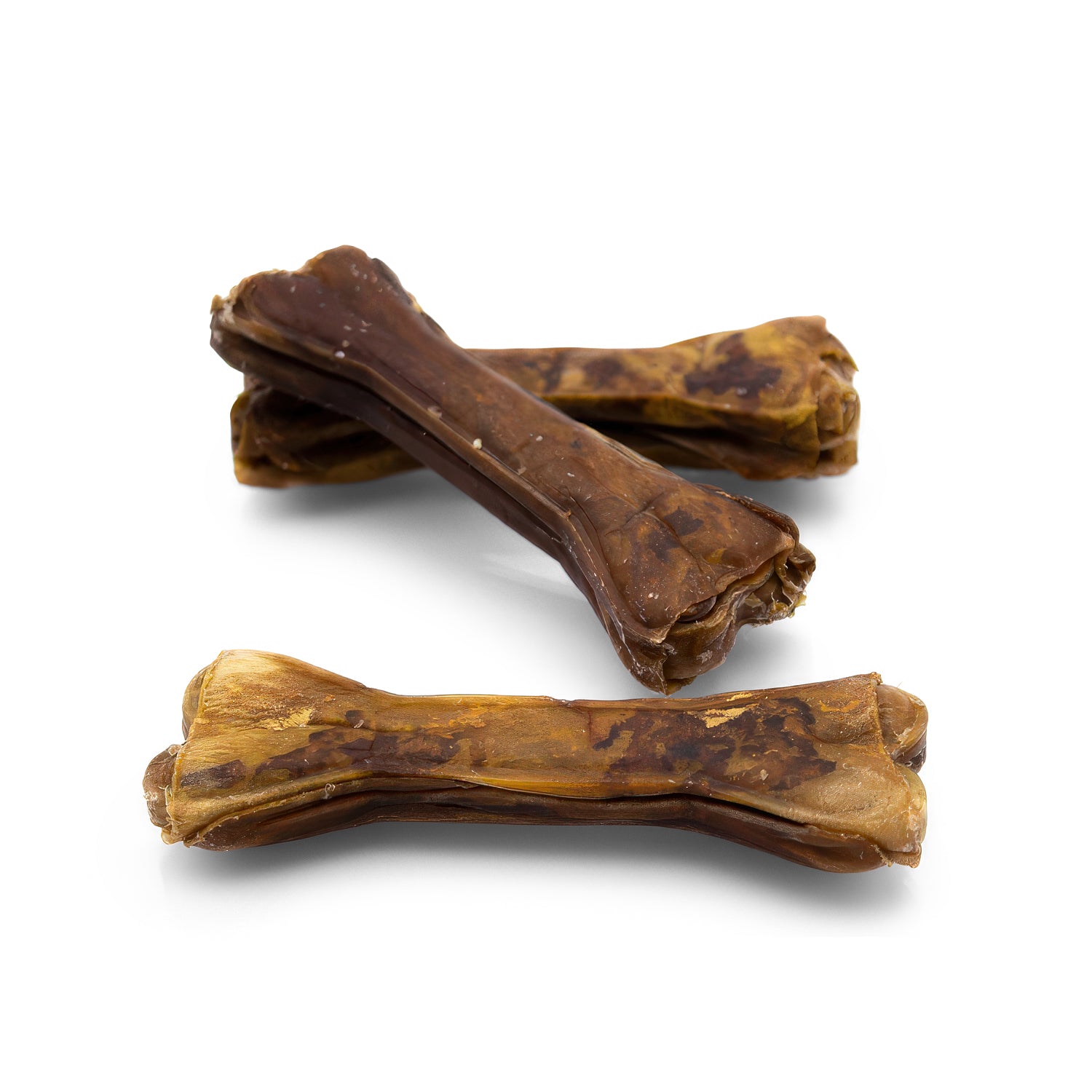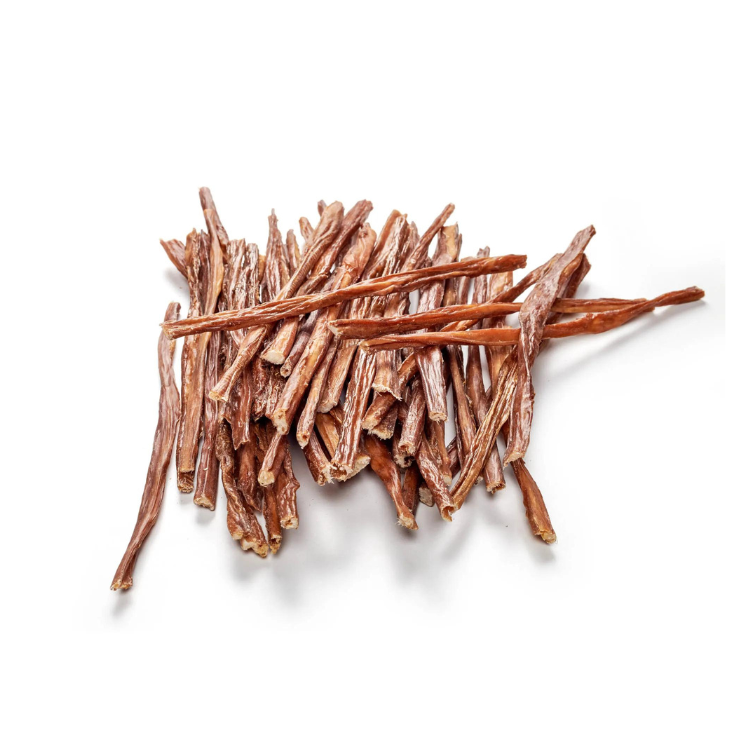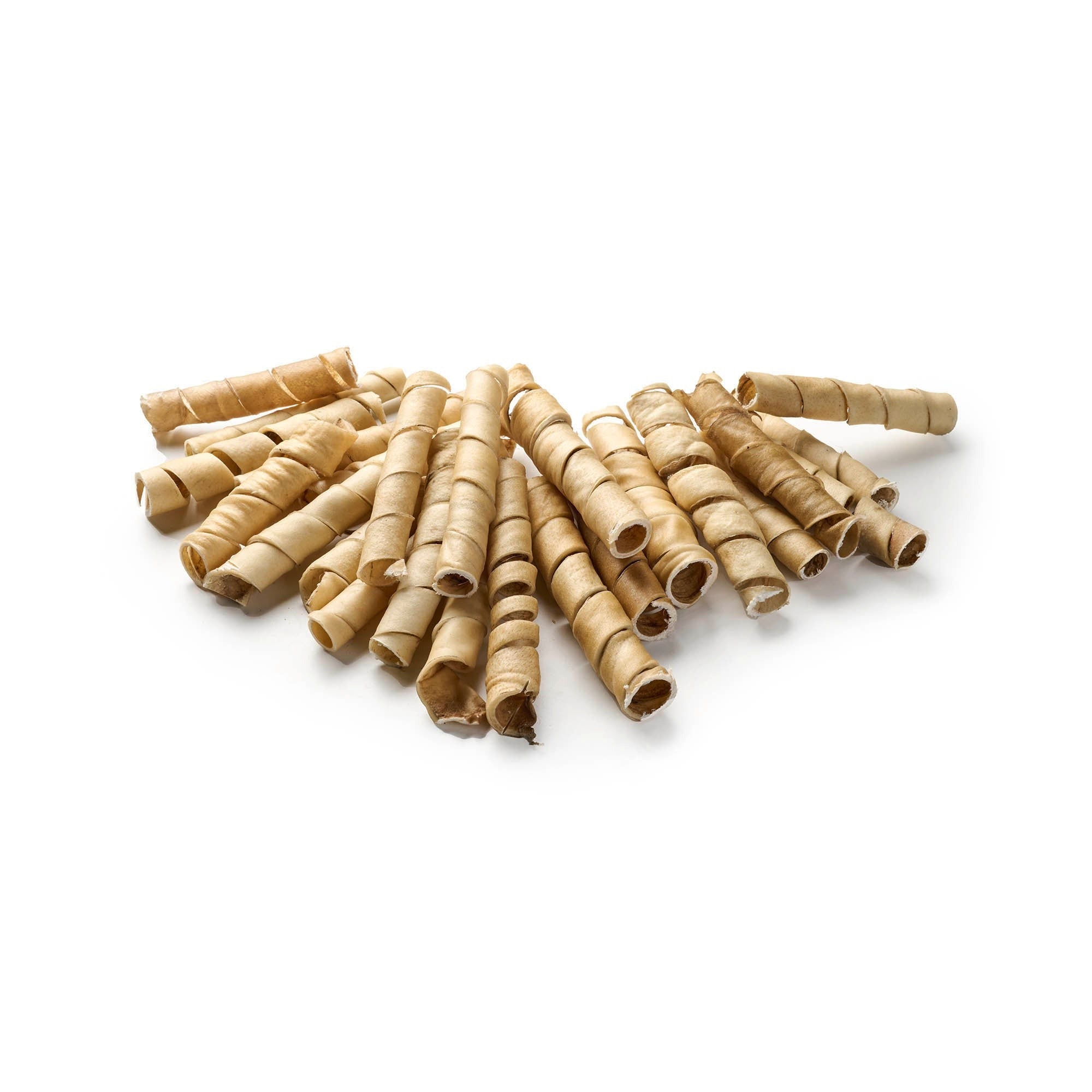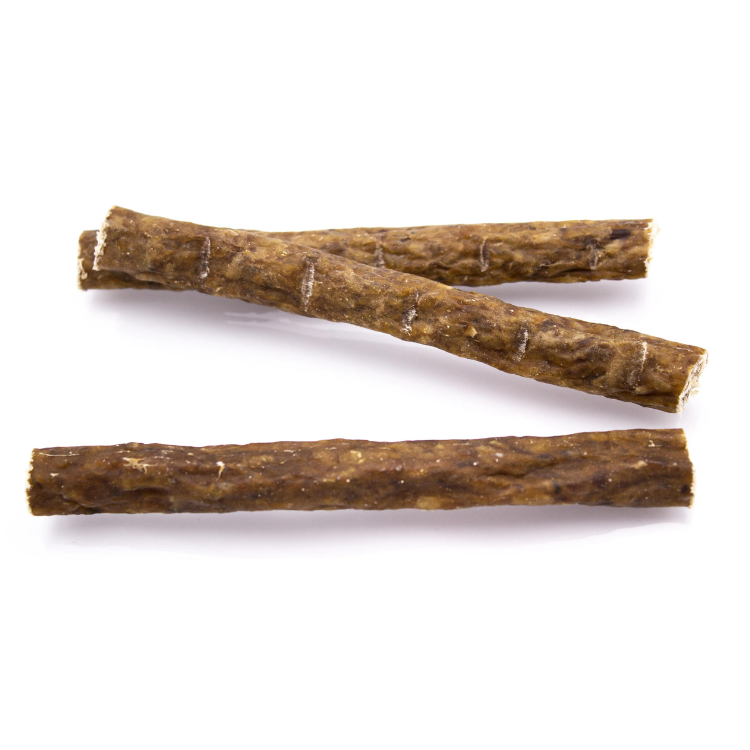
Lamb for dogs
Share
Lamb meat for dogs offers a valuable alternative for dogs. These lean types of meat are rich in important nutrients, easy to digest and particularly suitable for dogs with sensitive stomachs. Below we have listed for you which types of meat and offal you can safely offer your dog or puppy .
Contents: Lamb meat for dogs
- Lamb for dogs
- How healthy is lamb for dogs?
- Nutrients and vitamins at a glance
- BARF with lamb
- Lamb offal
- Dog food with lamb
- Lamb chews
- Conclusion
First-class dog chews for happy sniffing noses available here!
Lamb for dogs
The meat of young sheep is called lamb. Mutton comes from animals between one and two years old, while sheep meat comes from sheep older than two years. These age categories serve as guidelines for the quality and texture of the meat.
Lamb is becoming increasingly important in dog nutrition. Both the muscle meat and offal such as lamb heart and lamb lung as well as lamb ears are processed into food and snacks for our four-legged friends.
How healthy is lamb for dogs?
Lamb is becoming increasingly popular in dog food. Both the muscle meat and offal such as lamb heart, lamb lung and lamb ears are processed into food and snacks for our loyal companions. For dogs that develop an intolerance to common types of meat such as beef, lamb is a well-tolerated alternative. Lamb also provides important nutrients for the health of our four-legged friends. Whether puppy , adult or older dog - all can benefit from lamb in their diet.
Nutrients and vitamins at a glance
- Lamb is rich in important minerals such as iron and zinc, which contribute to blood formation and healthy cell function.
- The contained vitamins A, C, D, K and B12 strengthen the bones and support the dog's metabolism.
- Due to its low fat content, lamb is also suitable for dogs with weight problems.
- With a protein content of almost 20 percent, lamb is an excellent source of protein.
- Its low cholesterol content makes it a healthy alternative to other types of meat.
- Lamb offal provides important amino acids, vitamins and trace elements for the dog’s diet.
BARF with lamb
Lamb is also generally suitable for raw feeding dogs. Raw lamb has a dark pink color and a low fat content. It is important that the raw meat is always processed fresh. If the meat no longer looks fresh, has dark discoloration or has already dried out, you should no longer give it to your dog, as raw meat always carries a risk of infection. Fresh, raw lamb is either minced or cut into bite-sized pieces and served to the dog. Make sure to also offer your four-legged friend balanced side dishes such as vegetables, fruit or grains to ensure a complete and species-appropriate diet.
Lamb offal
Lamb offal such as lamb heart, lamb kidneys, lamb liver and lamb lungs are just as suitable for dogs as the muscle meat of lamb and sheep. When feeding your dog, it is important to ensure that he is provided with all the essential vitamins, minerals and trace elements. Offal is considered a true source of vitamins for dogs, as the nutrient density in lamb organs is particularly high.
Dog food with lamb
The variety of ready-made dog food with lamb is constantly increasing. Many manufacturers offer dry or wet food that consists mainly of easily digestible types of meat. If your dog has allergies or intolerances, it is advisable to choose a food that contains only lamb as a protein source. High-quality muscle meat and valuable offal such as lamb heart or lamb lung are particularly recommended for dogs.
Lamb chews
When buying snacks and chew products for your dog, it is important to pay attention to quality and choose natural products that do not contain harmful additives or artificial flavors and preservatives.
Chewing treats made from dried lamb meat, such as lamb tripe or lamb ears, are particularly popular. Lamb tails and lamb scalp are also suitable as delicious nibbles for dogs. These natural chew snacks also promote dental care for your four-legged friend.
Make your dog happy with our delicious snacks!
Conclusion
In summary, lamb offers a versatile and healthy option for dog nutrition. It is rich in important nutrients, easy to digest and particularly suitable for dogs with sensitive stomachs. Both the muscle meat and the innards of lamb are valuable components in dog nutrition and help to ensure that the dog is supplied with all essential vitamins, minerals and trace elements. The variety of lamb-based products, be it dog food, snacks or chew products, offers numerous options for making the dog's diet varied and healthy. By making the right selection and ensuring quality, dog owners can ensure that their four-legged friend receives a balanced and species-appropriate diet that contributes to his health and well-being.
Enjoy moments together with our delicious dog chews!

